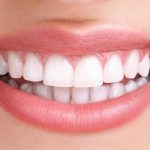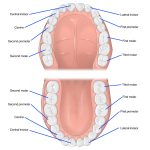When Do Puppies Lose Their Baby Teeth? A Guide to Understanding Your Puppy’s Dental Development
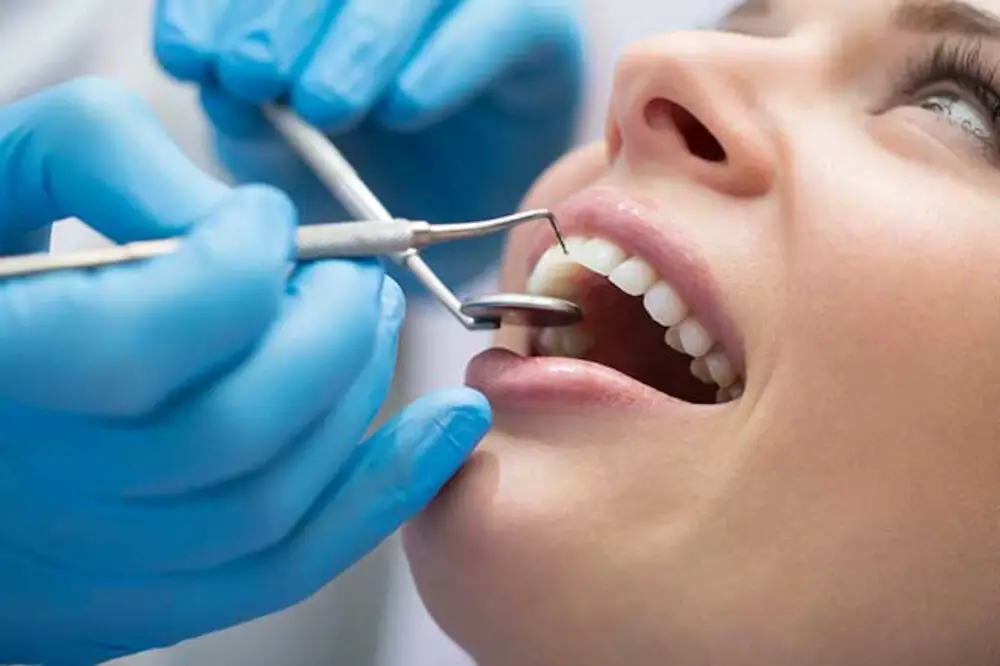
Welcoming a new puppy into your home can be an exciting time for any pet owner. However, with the joys of puppyhood comes the responsibility of ensuring that your furry friend is healthy and happy. One of the most important aspects of your puppy’s health is their dental development. Just like human babies, puppies have a set of baby teeth that they will eventually lose as they grow into adulthood. Understanding when and how this process occurs can help you take better care of your puppy’s teeth and prevent any potential dental problems down the line. Most puppies will start to lose their baby teeth at around 4-6 months old, although the exact timing can vary from dog to dog. This process is similar to how human children lose their baby teeth, as the adult teeth start to push through the gums and replace the baby teeth. While losing baby teeth is a natural part of your puppy’s development, it’s important to keep an eye on their dental health during this time to ensure that everything is progressing as it should. By understanding the timeline of your puppy’s dental development and knowing what signs to look out for, you can help keep your furry friend’s teeth healthy and strong for years to come.
Dental health is crucial for puppies as it sets the foundation for their overall well-being. Proper dental care can prevent dental diseases such as gingivitis and periodontitis, which can lead to tooth loss and other health problems. Puppies first start to lose their baby teeth at around three months old, so it’s important to start a dental care routine early on. This can include regular teeth cleaning, providing chew toys, and feeding a healthy diet. Neglecting dental care can cause pain and discomfort for your puppy, as well as potentially costly dental procedures in the future. By prioritizing dental health in puppies, you can ensure they have a healthy and happy life.
A puppy’s dental development is an essential aspect of their overall growth process. Puppies are born without teeth, and their milk teeth start to emerge between two to four weeks of age. By eight weeks, they should have a full set of baby teeth, which they will eventually lose as their permanent teeth grow in. This process typically starts around four months of age and can continue until they are eight months old. It’s important to encourage good dental hygiene habits during this time, such as regular brushing and chewing on appropriate toys, to ensure their teeth and gums stay healthy and strong. Understanding your puppy’s dental development can help you provide the best care possible and ensure their long-term health and well-being.
Understanding Your Puppy’s Teeth
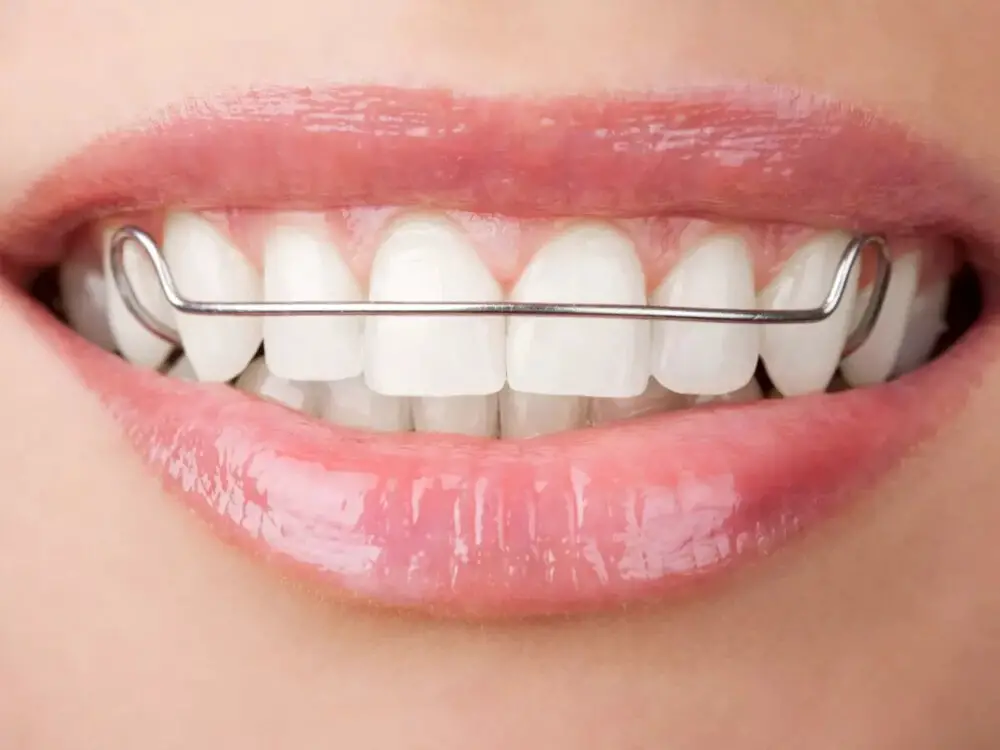
Understanding your puppy’s teeth is essential for ensuring your furry friend’s dental health. Puppies are born without teeth, and their first set of teeth, called deciduous teeth or baby teeth, start to emerge at around two to three weeks old. By eight weeks, all 28 baby teeth should be visible, and this set will be replaced by a permanent set of 42 teeth as the puppy grows. As your puppy’s teeth develop, it’s essential to keep an eye on their dental health, as this can affect their overall health and well-being. Brushing your puppy’s teeth regularly, giving them dental chews, and scheduling regular veterinary check-ups can help prevent dental problems. Puppy teeth, like human baby teeth, are not permanent and will eventually fall out to be replaced by adult teeth. Puppies generally start losing their baby teeth at around four months old, and by six months, all 28 baby teeth should have fallen out, making way for the permanent set. During this transitional phase, your puppy may experience some discomfort and may chew on items to alleviate this discomfort. Providing your puppy with appropriate chew toys and supervising their chewing can help prevent damage to household items and ensure their oral health remains intact.
Puppies, just like adult dogs, have different types of teeth that serve various purposes. Their teeth are divided into four types: incisors, canines, premolars, and molars. Incisors are used for biting and grooming, canines for tearing and holding, premolars for cutting and crushing, and molars for grinding and chewing. As puppies grow, they develop 28 baby teeth, which they will eventually lose to be replaced by 42 adult teeth. It is essential to monitor your puppy’s dental development and provide them with the necessary dental care to ensure healthy teeth and gums as they transition from their baby teeth to their adult teeth.
Baby teeth, also known as deciduous teeth, are temporary teeth that start to emerge in puppies at around two to four weeks old. These teeth are much smaller and whiter than adult teeth and are designed to help puppies eat and learn how to chew. Baby teeth are not as strong as adult teeth and are more prone to decay and damage. In contrast, adult teeth are permanent teeth that start to grow in around three to four months old. Adult teeth are larger, stronger, and more durable than baby teeth. They are designed to last a lifetime and are used for chewing, biting, and tearing food. Adult teeth are also more resistant to decay and damage than baby teeth.
When Do Puppies Start Losing Teeth?
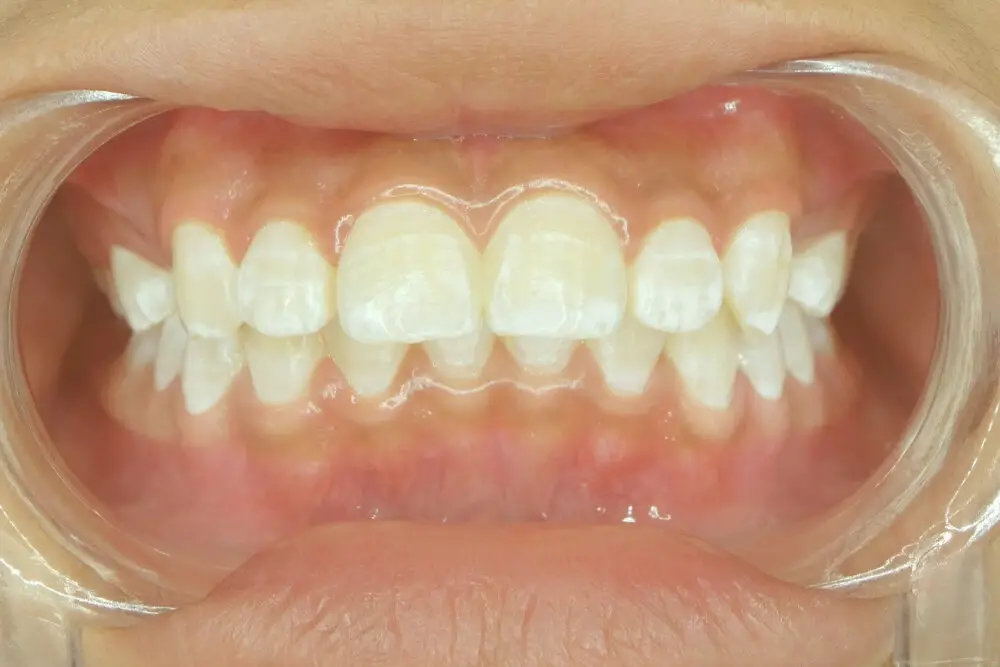
Puppies, like humans, go through several stages of dental development. One of the most significant milestones in a puppy’s dental development is the shedding of their baby teeth. Puppies typically start losing their baby teeth at around three to four months of age. During this time, their adult teeth begin to push through their gums and replace their baby teeth. The process can be gradual, with some puppies losing their teeth as early as two and a half months, while others may not start shedding until they are five months old. The order in which the teeth fall out can also vary, but typically the incisors are the first to go, followed by the premolars and canines. It’s essential to keep an eye on your puppy’s dental development during this time to ensure everything is progressing as it should be. You may notice your puppy chewing on various objects and toys, which can be a sign that their teeth are causing them discomfort. Providing your puppy with appropriate chew toys can help relieve some of their discomfort and keep their teeth clean and healthy. Regular visits to your veterinarian can also help ensure that your puppy’s teeth are developing correctly and that there are no underlying dental issues that need to be addressed. By keeping an eye on your puppy’s dental development, you can help ensure that they have a healthy and happy smile for years to come.
The timeline of a puppy’s teeth development can be divided into three stages. The first stage is the baby teeth or deciduous teeth stage, which begins when the puppy is around three to four weeks old and lasts until they are about three to four months old. During this stage, the puppy will have 28 baby teeth, which will eventually fall out to make way for their adult teeth. The second stage is the transitional stage, which occurs when the puppy is around four to six months old. This is when the puppy’s baby teeth start to fall out, and their adult teeth begin to grow in. The final stage is the adult stage, which begins when the puppy is around six months old and lasts for the rest of their life. During this stage, the puppy will have a total of 42 adult teeth, and their dental health will depend on proper care and maintenance. Understanding your puppy’s dental development is crucial for their overall health and wellbeing.
Puppies start losing their baby teeth around 3 to 4 months old, and it can continue up to 7 months of age. There are some signs that you should look out for to know if your puppy is starting to lose teeth. Firstly, you may notice that your puppy’s gums are sore and swollen. They may also have bad breath and be reluctant to eat hard food. Additionally, you may find tiny teeth around your house or see your puppy chewing on objects more often than usual. It’s essential to keep an eye on your puppy’s dental development to ensure their adult teeth grow correctly and prevent any potential dental problems in the future.
What Happens When Puppies Lose Their Teeth?

When puppies lose their teeth, it is a natural process that is related to their dental development. Puppies start to lose their baby teeth at around 3-4 months of age, and by the time they are 6-7 months old, their adult teeth will have fully grown in. During this time, puppies may experience some discomfort and pain as their baby teeth loosen and fall out. It is important to keep an eye on your puppy’s teeth during this time and provide them with appropriate chew toys and treats to help ease the discomfort and encourage healthy tooth growth. As puppies lose their baby teeth, they may experience some bleeding and inflammation in their gums. This is a normal part of the process, but it is important to monitor your puppy’s mouth to ensure that there are no signs of infection or other dental issues. Additionally, it is important to provide your puppy with a healthy diet that is rich in nutrients like calcium and phosphorus, which are important for strong tooth and bone development. By providing your puppy with the proper nutrition, dental care, and attention, you can help ensure that they grow up to have healthy, strong teeth.
As puppies grow, so do their teeth. Puppies are born without teeth but start to develop them at around 2-4 weeks old. At around 3-4 months old, their baby teeth start to fall out and are replaced by permanent teeth. This process is called teething. During teething, puppies may experience discomfort and pain, which can cause them to chew and bite on objects to alleviate the pain. It’s important to provide puppies with appropriate chew toys during this time to protect your furniture and shoes. Once all the permanent teeth have grown in, it’s important to establish a regular dental care routine to maintain their oral health.
Proper dental care is essential during a puppy’s teething phase. Puppies typically start losing their baby teeth at around three months of age and have a full set of adult teeth by seven months. During this time, it’s important to ensure that your puppy’s teeth and gums are healthy. This can be achieved by providing them with appropriate chew toys to help alleviate the discomfort of teething. Along with this, regular brushing of their teeth with a soft-bristled brush specifically designed for puppies, and using toothpaste formulated for them, can help prevent the buildup of plaque and tartar. Neglecting dental care during this phase can lead to complications, including gum disease, tooth decay, and even tooth loss, which can ultimately affect your puppy’s overall health and well-being.
Dental Care for Puppies
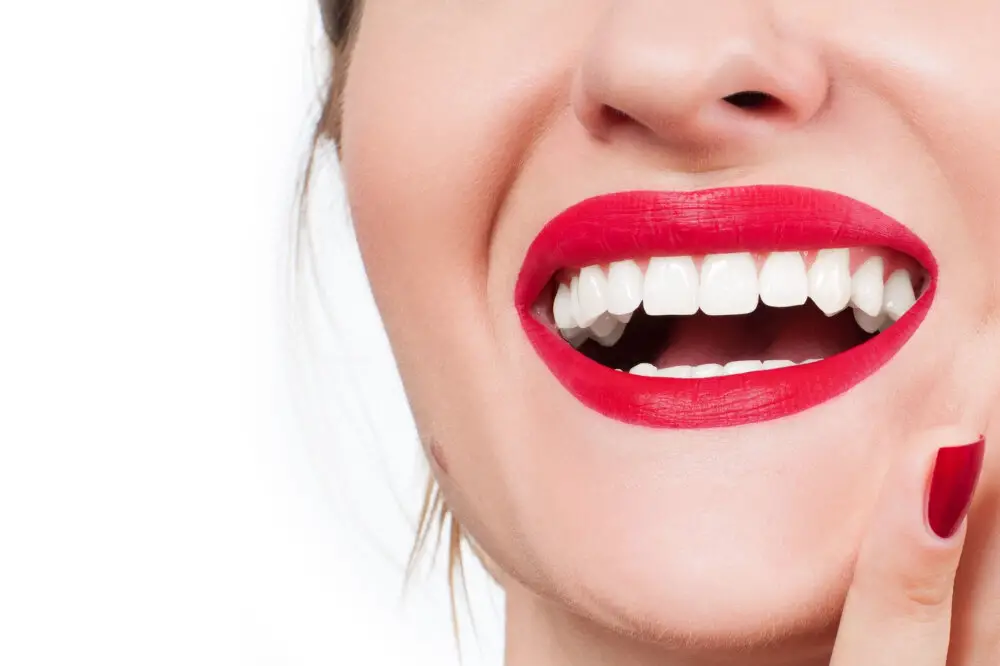
Proper dental care is important for puppies to maintain good oral health and prevent dental problems later in life. Puppies begin developing their teeth within the first few weeks of life, and by the time they are six to eight weeks old, their baby teeth start to come in. It is essential to start dental care early to prevent plaque buildup and dental issues such as periodontal disease. Brushing your puppy’s teeth regularly with a soft-bristled toothbrush and pet-safe toothpaste is one of the best ways to prevent dental issues. Additionally, provide your puppy with dental treats and toys designed to promote dental health and reduce plaque buildup. It is also important to schedule regular dental checkups with your veterinarian to monitor your puppy’s dental health and catch any issues early. During these checkups, your veterinarian may recommend professional teeth cleaning or other treatments to maintain your puppy’s oral health. By providing proper dental care for your puppy, you can help ensure a healthy smile and prevent dental problems as they grow into adulthood.
Maintaining good dental hygiene in puppies is crucial for their overall health and well-being. Regular dental check-ups with a veterinarian can help detect any potential issues before they become more serious. Additionally, brushing your puppy’s teeth with a soft-bristled toothbrush and dog-friendly toothpaste daily can help prevent plaque buildup and tooth decay. Providing your puppy with dental chews and toys can also help promote healthy teeth and gums. It’s important to establish good dental hygiene habits early on in your puppy’s life to ensure they maintain healthy teeth and gums throughout their lifetime.
Dental problems can be quite common in puppies, and it’s important to take steps to prevent them. One of the most common issues is retained baby teeth, which can cause overcrowding and misalignment of adult teeth. This can be prevented by regularly checking your puppy’s mouth for any retained baby teeth and scheduling a visit with your veterinarian if any are found. Another common problem is periodontal disease, which can develop from a buildup of plaque and tartar. To prevent this, it’s essential to establish a dental hygiene routine early on, including regular brushing and dental cleanings with your veterinarian. Additionally, providing your puppy with chew toys and bones can help promote healthy teeth and gums. By taking these preventative measures, you can help ensure your puppy has a healthy and happy smile.
Understanding your puppy’s dental development is crucial for their overall health and well-being. Puppies typically start losing their baby teeth at around 4 to 6 months old, with the process usually completed by the time they are 8 months old. During this time, your puppy’s adult teeth will start to come in and replace their baby teeth. It’s important to monitor your puppy’s teeth during this time and make sure they are properly cared for with regular brushing and dental checkups. Additionally, providing your puppy with appropriate chew toys can help relieve discomfort during the teething process and promote healthy dental habits. Knowing when and how your puppy’s teeth develop can help ensure they have a healthy and happy future.
Monitoring your puppy’s dental health is crucial for their overall wellbeing. Just like humans, dental problems in dogs can lead to a multitude of health issues, including infections, tooth loss, and even heart disease. As your puppy grows, it’s important to keep an eye on their teeth and gums and establish a dental care routine. Regular checkups with your veterinarian can also help detect any potential issues early on. By taking care of your puppy’s dental health, you can ensure they have a healthy smile for many years to come.
As a responsible pet owner, it is essential to seek veterinary advice if you are unsure about your puppy’s dental development. Your veterinarian can examine your puppy’s teeth and determine if any corrective action is needed. Ignoring potential dental issues can lead to serious health consequences for your puppy, such as infections, tooth loss, and even systemic illnesses. By seeking veterinary advice, you can ensure that your puppy’s dental health is optimal, which can lead to a happier and healthier life for your furry friend. Remember, prevention is always better than cure, so don’t hesitate to contact your veterinarian if you have any concerns about your puppy’s dental development.
Conclusion
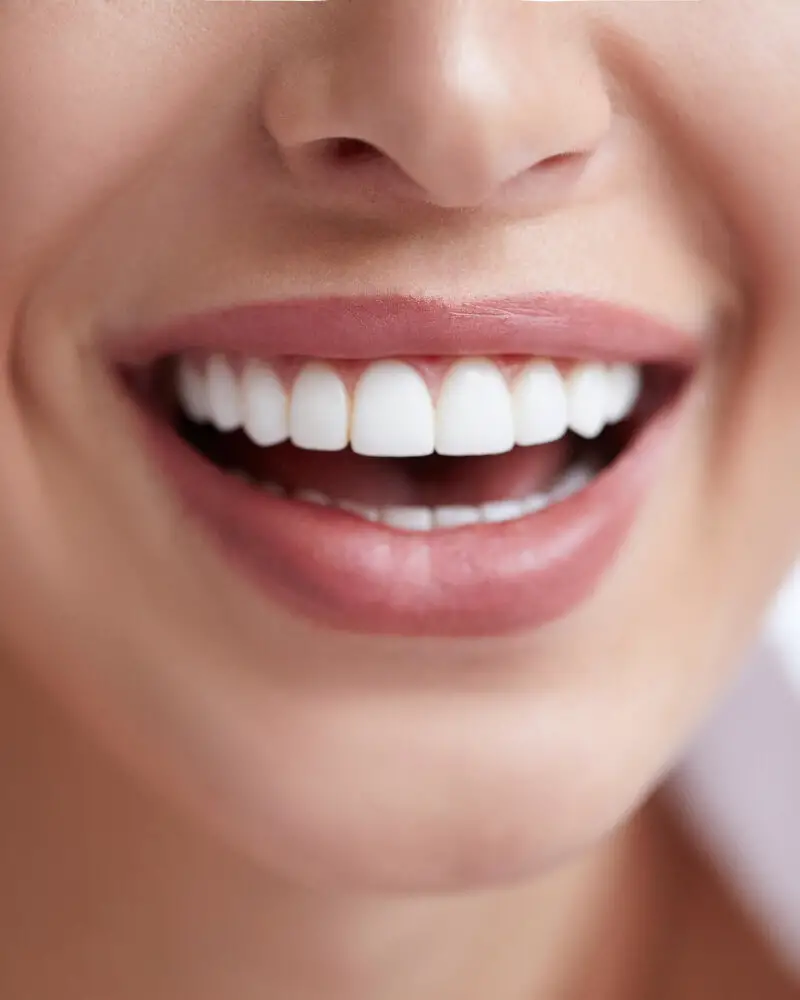
In conclusion, understanding your puppy’s dental development is essential for their overall health and well-being. Knowing when puppies lose their baby teeth can help you provide the appropriate care and attention to their dental needs. It is important to keep in mind that each puppy’s growth and development may vary, so it is best to consult with a veterinarian for professional guidance. As responsible pet owners, we must prioritize our furry friend’s dental hygiene and provide them with the best possible care to ensure they lead a happy and healthy life. So, be proactive in caring for your puppy’s teeth and make sure to give them the attention they deserve.


